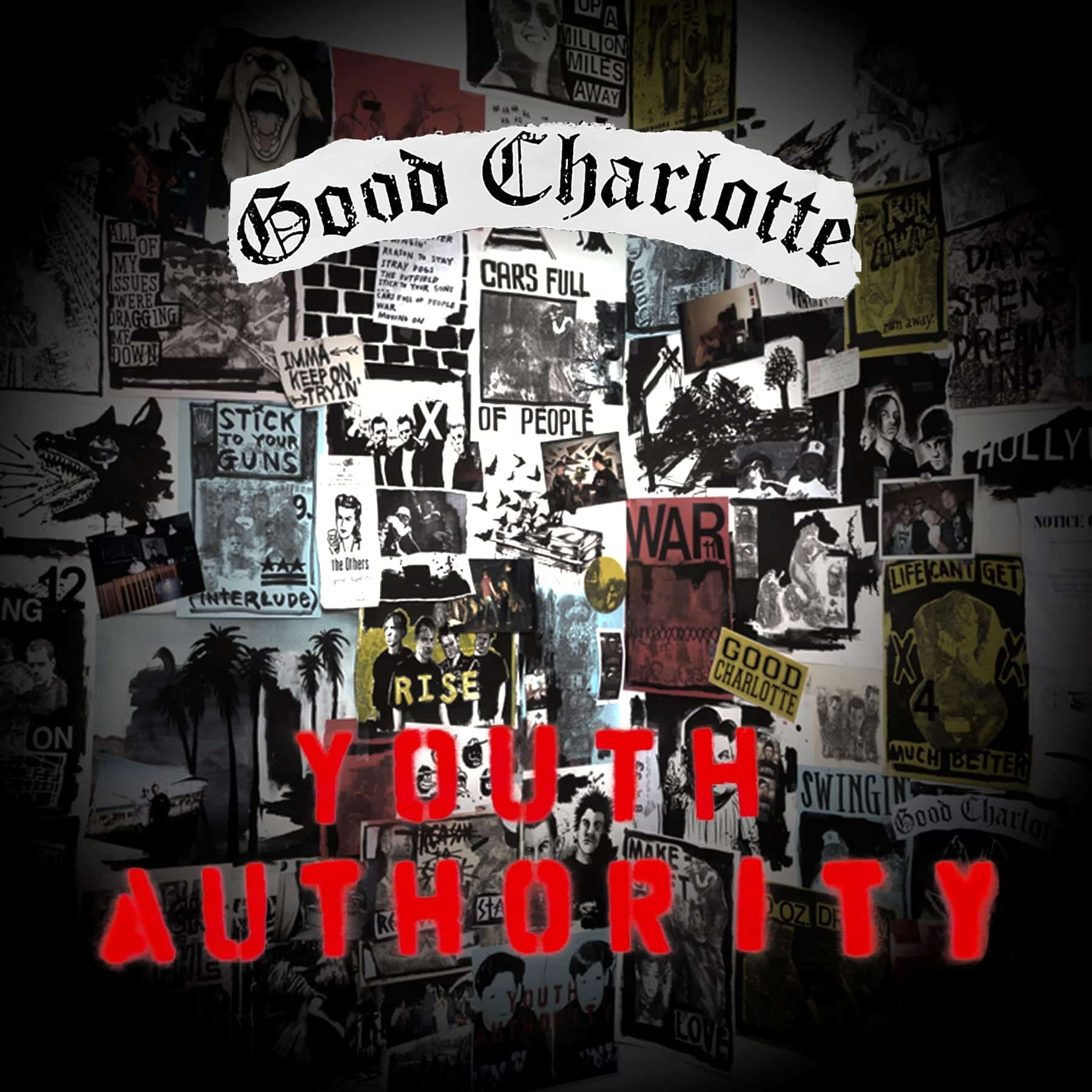‘[We want] just to queer it up a bit’

Queer City Cinema to hold queer performance festival
Jonathan Petrychyn
A&C Editor
Performatorium
Various Venues
Jan. 19-21
$20 for students
At the end of the interview with Gary Varro, artistic director of Queer City Cinema (QCC), Regina’s only queer media-arts festival, Varro said to me as a last attempt to plug QCC’s new performance arts festival, Performatorium, “Heather Cassils, the artist from Los Angeles, was Lady Gaga’s girlfriend in the video ‘Telephone.’”
Varro admitted this was a kind of last-ditch effort to bring some allure to QCC’s Performatorium. Originally designated as part of QCC’s biennial media-arts festival, Varro has separated the queer performance arts festival from the media-arts festival in an attempt to increase the profile of the oldest- and largest-ongoing queer arts festival on the prairies.
“I think most media arts organizations … struggle more and more because people are involved more and more in their homes, you know, with their big media centres and DVDs,” Varro said. “People just don’t want to get out.”
QCC was initiated in 1996 and was originally held biennially. Since 1996, the media-arts festival has seen a bit of a decline in audience and participation.
“Access to queer work is more available, more readily available on the internet,” Varro said. “You can rent more media art work, or films … it’s become much more mainstream than it was in 1996.”
Performatorium is what Varro calls a “cohesive performance situation.” The festival takes place over three days in January and features queer performance art from Saskatoon to London, something that Regina doesn’t get the chance often to see.
“I think [it’s] something they’ve never seen before – something unique,” Varro said. “It’s compelling work, really engaging, humorous work. There’s a lot of humanity to the work as well. There’s unusual, curious things going on.”
For Varro, one of the most unusual and compelling things the festival is going to host is a wrestling workshop. Varro admitted that “some people find [it] head-scratching” to have a wrestling workshop in a queer performance festival, but for Varro, it really makes a lot of sense.
“There’s sort of a homoerotic aspect to wrestling,” Varro said. “Not this wrestling workshop. No one is going to be doing any homoerotic activities, but I mean, it’s inherently like that. I mean, this is professional wrestling, which takes it up another level, because with all the fakery and persona, people pretending to be. So I think that sort of recent history with wrestling is sort of interesting in the queer context.
“[We want] just to queer it up a bit, just to get people wondering why this is all there.”
Though the festival has been going on for 16 years, Varro noted when it comes to funding it, though there has been some social progress, there are little reminders that things are still the same.
“Dealing with certain organizations … there were some very questionable questions and scrutiny that came my way around the wrestling workshop, implying that we were perhaps doing something that was not a wrestling work shop, but something more illicit, or more perverted,” Varro said. “It was a little bit uncomfortable. [It] made me feel defensive, paranoid, it just wasn’t pleasant. I mean it’s all fine now. We’re just waiting for something to happen. But as far as we know, we have the space.”
In 2000, Queer City Cinema came under fire from the Saskatchewan Party for holding a festival funded by the government through the Saskatchewan Arts Board, SaskTel, and SaskFilm that dealt with discussions of pornography.
“The Saskatchewan Party thought they had a really juicy morsel to put out there to the public, and it was going to be the end for funding for people like us … when it actually worked in our favor,” Varro said. “That was a sort of a coming-of-age moment for us and I think for the city because I think it really put the issue literally on the front pages on a lot of media.”

![[2] vlcsnap-2010-03-12-23h49m04s109](http://www.carillonregina.com/wp-content/uploads/2012/01/2-vlcsnap-2010-03-12-23h49m04s109.png)







